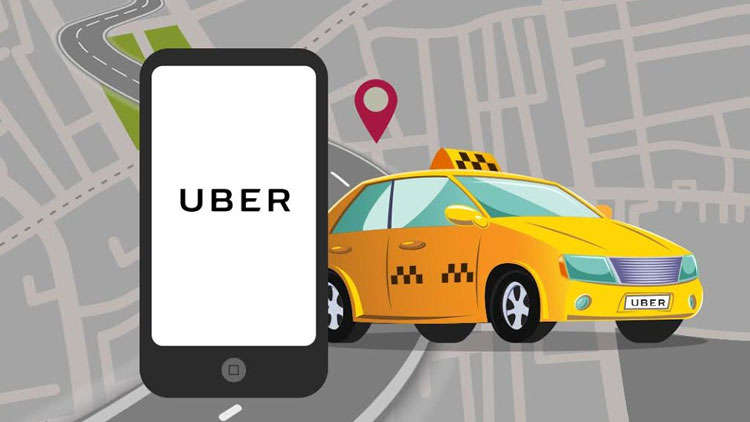Uber earlier this month, restructured and was seen moving its entire business in India, which operated partially from the Netherlands under Uber BV, under the India-domiciled Uber India Systems. An Uber executive stated, “For foreign companies (like ours) to do business in India scalably, they need to localize at every level.”
Even three of Uber’s corporate clients confirmed that Uber was facing issues with regards to tax deductions to Uber’s foreign entity, where payments to the ride-hailing app were delayed. Not only that but also Uber’s old business restricted getting new large clients on board. UFB that handled the employees’ travel formed close to 1% of Uber’s revenue globally as declared in their IPO prospectus earlier this year. India was seen aggressively marketing the product in the last year.
A corporate client said, “For corporates like us, payments to a foreign entity are treated as a forex outgo for which the government demands we deduct 43% TDS on the transaction. Uber says this is inaccurate given the tax treaty between India and the Netherlands. While this is technically fair, the fear of the liability coming back to us makes this proposition unviable.”
This process has Indian clients being more conservative with the applicable tax rate increases as it deals with a foreign entity. But as an Indian entity, it is quite contrasting as the applicable tax rate ranges from 2% to 10% for a similar process. Many corporate clients approximately 15, have moved on from Uber to its Indian rival Ola, due to payment issues. Ola who accounts for 6% of its total revenue, works with over 7,000 companies.
This is also not the first time Uber is seen restructuring its business in India. Uber, five years ago, after violating the two-factor authentication norm for credit card payments, received n RBI instruction, as payments transactions were routed to the Netherlands. They then soon partnered with Paytm to offer an alternate payment mode. But it’s good to see that Uber finally realized that to scale in India, they need to change the way they run their business operation.

